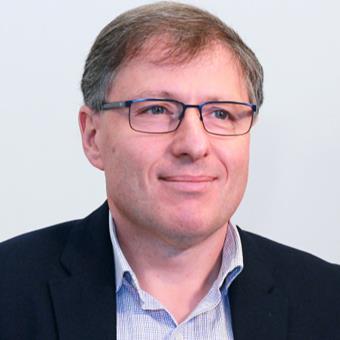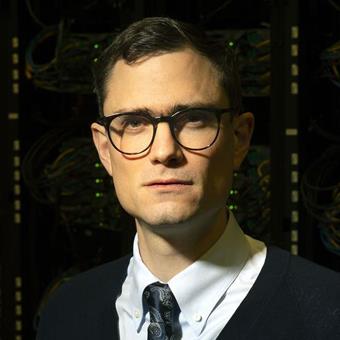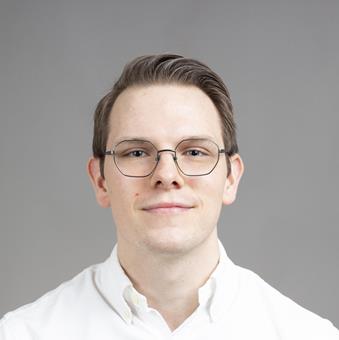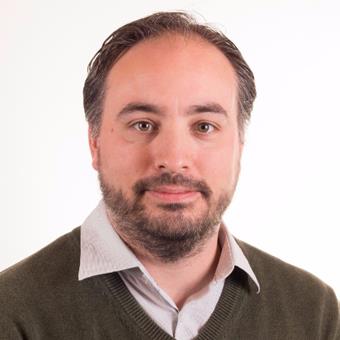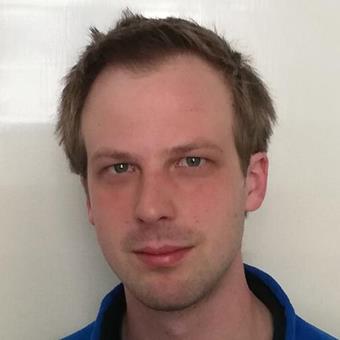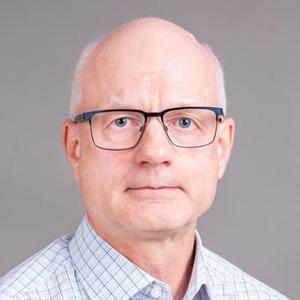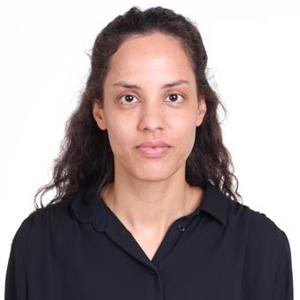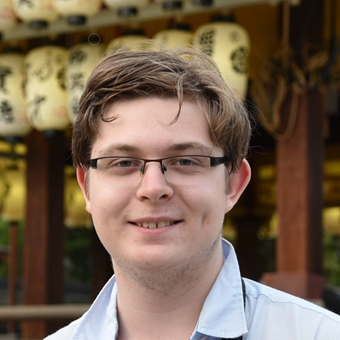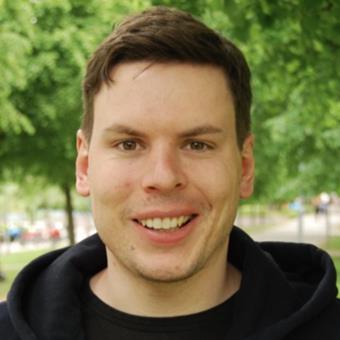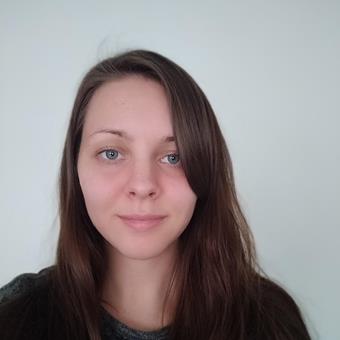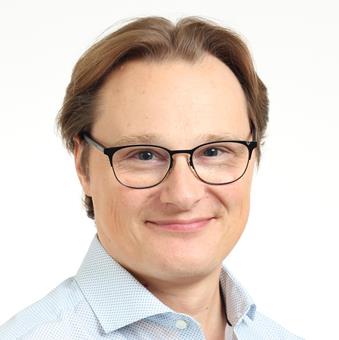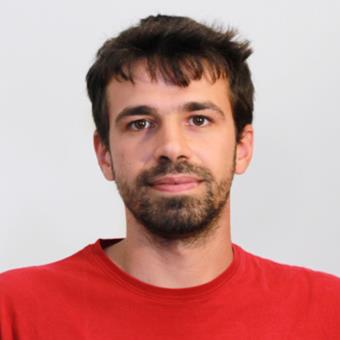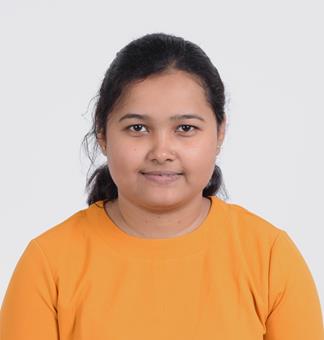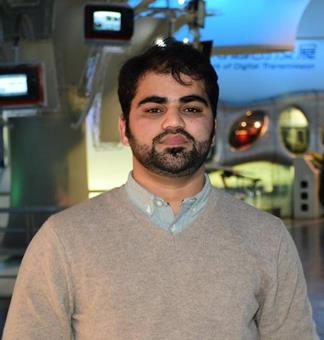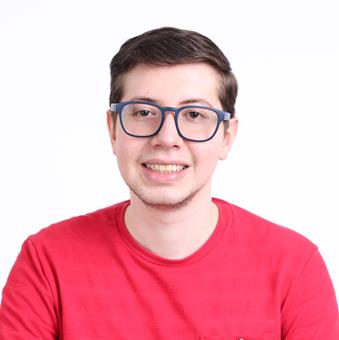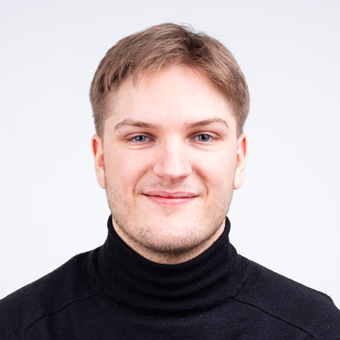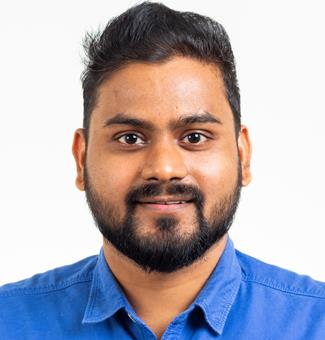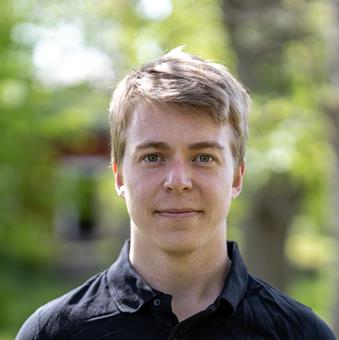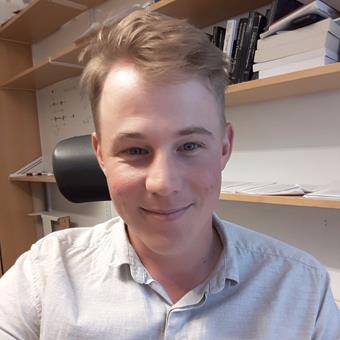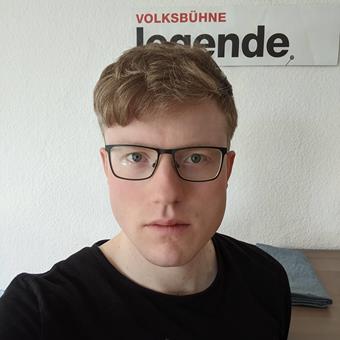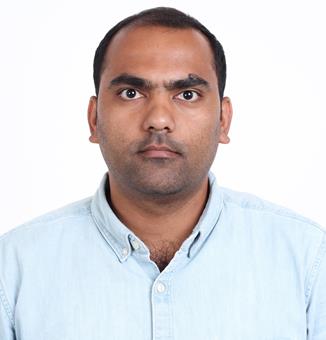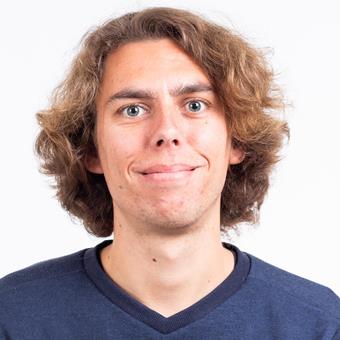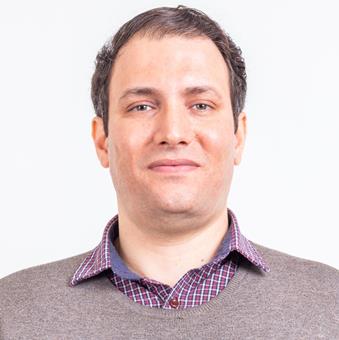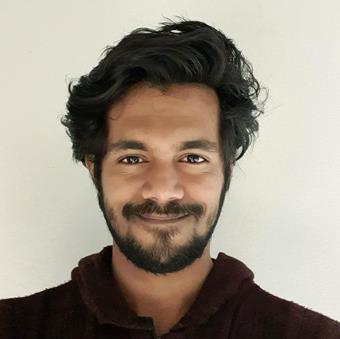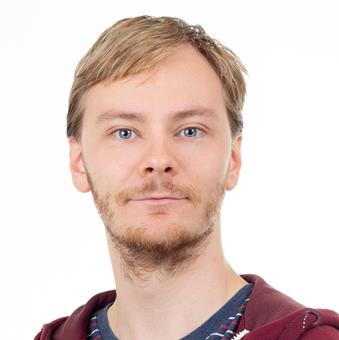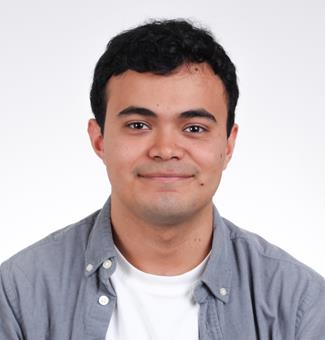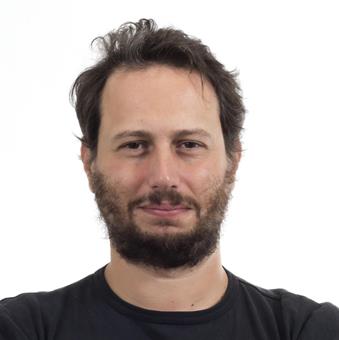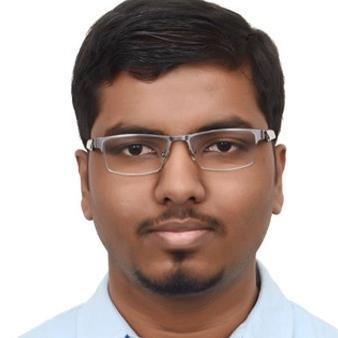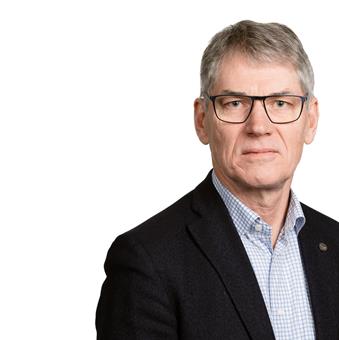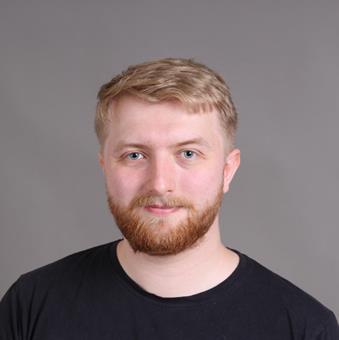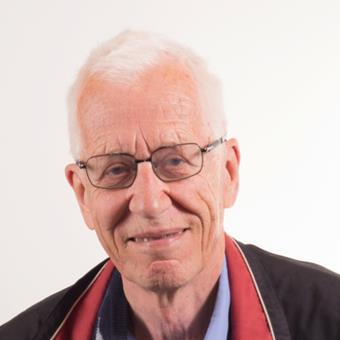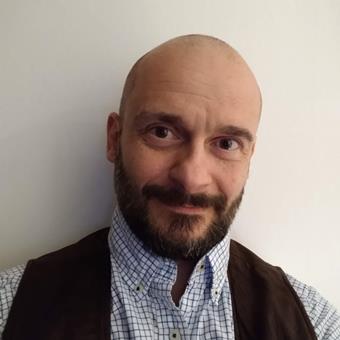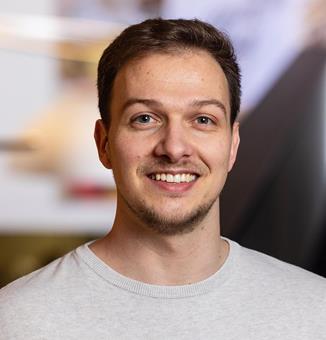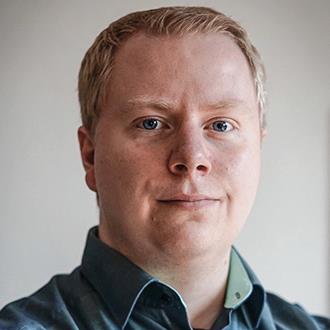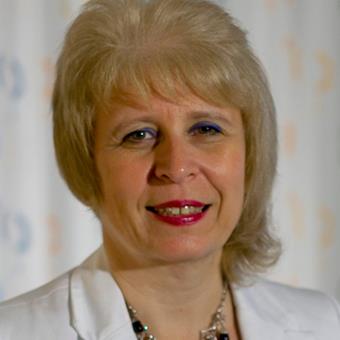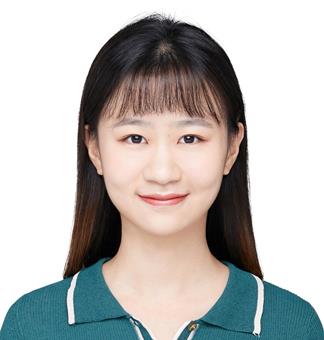Theoretical physics deals with understanding of nature. In our
research we use fundamental principles and basic concepts to develop
mathematical models that are then studied by Photo credit Monica Westman means of analytical and
numerical methods. The main goal for a theoretical study is to analyze
and explain existing experimental observations, to make a systematics of
the generated knowledge, and to use the knowledge for novel
discoveries.
Nowadays theoretical physics field is broad, dealing with scientific challenges from understanding of universe to elementary particles and quantum information.
Within our group, the focus lies on Condensed Matter Theory. We study materials, considering fundamental and applied questions, ranging from the behavior of matter at extreme compressions relevant e.g. for understanding of structure and properties of Earth’s core, to applications of theoretical tools in knowledge-based materials design.
Link to DiVA database with the group's collected publications.
Collaborations
We participate in leading national research programs. In particular, we are actively involved in two Strategic Research Areas, Swedish e-Science Research Centre (SeRC) and in the Interdisciplinary Materials Science Laboratory for Advanced Functional Materials (AFM), both supported by the Swedish Government. We are part of the Strategic Research Centers “Multifilms” and “FUNCASE”, both supported by the Swedish Foundation for Strategic Research. We are part of the node "Materials Modeling" within the Linköping Linnaeus Initiative for Novel Functional Materials, supported by the Swedish Research Council.
Moreover, we are involved in projects “Isotopic Control for Ultimate Material Properties”, “Nanoparticles by Pulsed Plasma” and “Strong Field Physics and New States of Matter” supported by Knut and Alice Wallenberg Foundation.
At the European level, we are actively involved in European Network Psi-k, where Prof. Abrikosov is a Board of Trustees Member and a Spokesperson for Working Group “Real Materials: Metallic Alloys”. The theory group gives a large number of courses on graduate as well as undergraduate levels. The teaching has a wide range of courses, including classical mechanics, computational physics in physics education, electromagnetism, analytical mechanics, quantum theory, relativistic quantum mechanics, condensed matter physics, many-body physics, statistical mechanics, quantum information and computing, elementary particle physics, cosmology, chaos and nonlinear phenomena.






